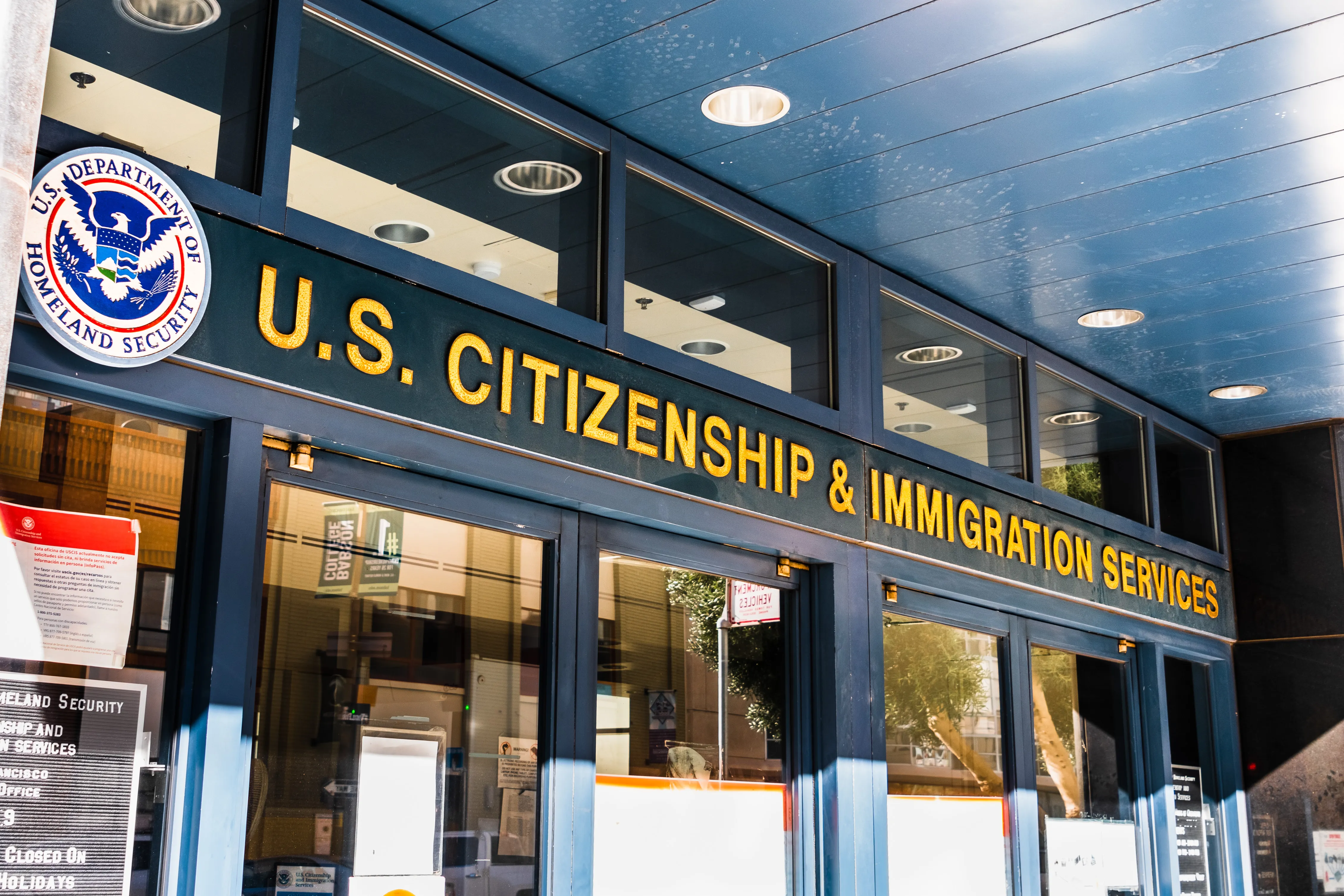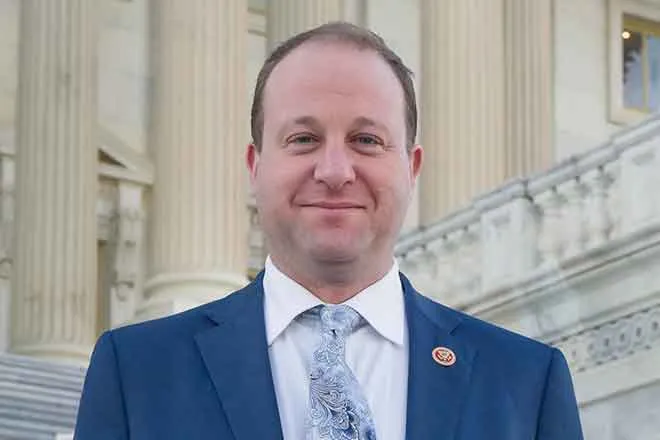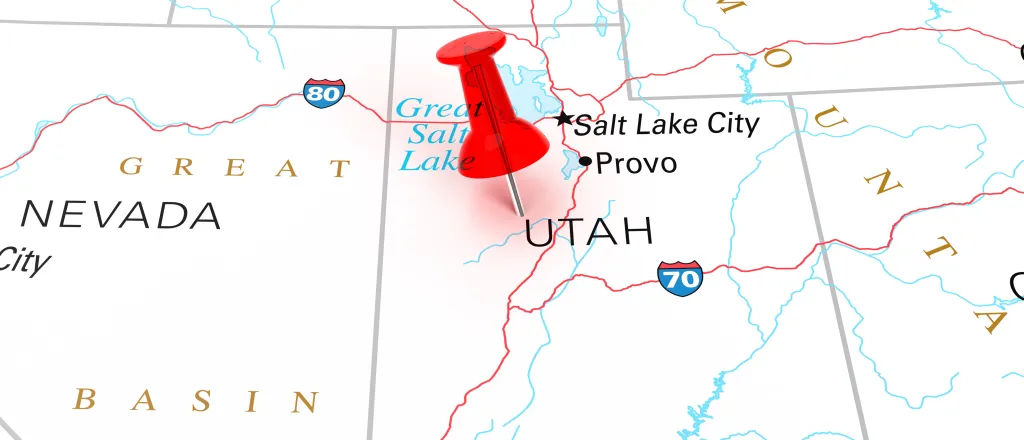
Utah governor candidate must find new running mate after judge's ruling
(Utah News Dispatch) A judge decided Friday that Phil Lyman’s first running mate choice doesn’t meet the Utah Constitution’s residency requirements to be eligible for the office of lieutenant governor.
This is the end of the brief legal fight against the Lieutenant Governor’s Office, which oversees the state’s elections, to include Bangerter on the primary ballot, Lyman said. He’ll find a new running mate by noon on Monday, to meet the state’s new deadline for the primary ballot, he told reporters after the judge announced his decision.
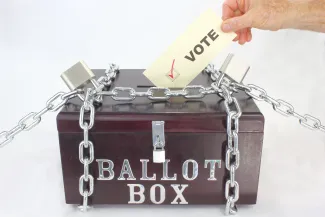
Utah law says that a candidate for that office must be a state resident for five years “next preceding” the election. The court was tasked with determining how to interpret the term “next preceding,” as Bangerter, a former Donald Trump administrator and campaign director, had lived in Utah for many years throughout his lifetime, but was a resident of Idaho in 2021.
Third District Court Judge Matthew Bates decided in a West Jordan court room that previous Utah Supreme Court decisions had ruled that “next preceding” meant “immediately before” the election, so Bangerter didn’t meet the election criteria. He also denied the restraining order filed by Lyman, who won the Utah Republican Party’s nomination during the state GOP convention last week.
“Layne would have been a huge asset to the state of Utah. It’s really unfortunate. And we didn’t go into this flippantly. We looked at the language, obviously, there (were) lots of arguments for and against, and the fact that it came out against us, we take that we take the judge’s (decision),” Lyman told reporters. “It’s very disappointing for me, personally, that Layne won’t be my running mate.”
Bangerter agreed and said that while the judge’s decision was disappointing, they’ll abide by it and move forward.
“It is what it is,” Bangerter said.
Judge decision shuts down ‘election interference’ claims
The interpretation of the “next preceding” term solved the conflict of whether the Lieutenant Governor’s Office acted lawfully while not allowing Bangerter to file his candidacy.
The issue, Lyman’s attorney argued, was about “election interference” and whether the interpretation of the law would prompt a delay that could cost Lyman the primary election. But, the Lieutenant Governor’s Office argued that including Bangerter’s name in the ballot would go against the law.
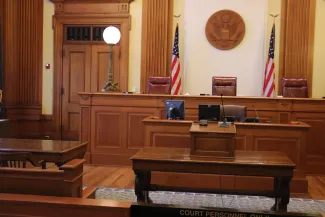
According to Chad Shattuck, an attorney representing Bangerter and Lyman, the Lieutenant Governor’s Office didn’t take the necessary steps when Bangerter tried to file his candidacy. A clerk refused to read the constitution regulation and take his oath, Shattuck said.
Shattuck also cited controversy around Utah Representative Celeste Maloy’s 2023 candidacy because she wasn’t an active registered voter in Utah at the time she filed to run, and her candidacy was accepted.
“Utah code doesn’t create a gatekeeping role for the Lieutenant Governor Office,” he said.
However, Daniel Widdison, an attorney representing the Lieutenant Governor Office, argued the main difference between both cases was that Maloy’s eligibility concerns were part of the Republican Party bylaws, not something the lieutenant governor had to resolve.
Widdison added that the office could either contest the candidacy after filing or not accept it if the clerk was aware of ineligibility in advance.
“The court is being asked to tell our constitutional officers and other sworn officers to ignore the oath that they took to enforce and uphold the Constitution,” Widdison said, “in order to accommodate this specific candidate who sadly doesn’t qualify.”
Ultimately, the judge said he had no choice but to conclude that Bangerter wasn’t eligible to serve as lieutenant governor.
“I have great respect for the cherished institutions that we have to vote for elected officials, and to run for elected office. But I run up against the Constitution of the State of Utah, which declares that no person is eligible to be lieutenant governor unless they have been a resident citizen of the state for five years next preceding the election,” Bates said, “which clearly meant, at the time of the ratification of the Constitution, the five years immediately before that election.”
After the decision, Lyman said his team believed Bangerter’s candidacy would be legitimate.
“It’s interesting. And I do feel like it’s a little bit of selective application of the law, because we’ve seen other cases where candidates kind of were allowed to go all through the process before they were challenged on this,” Lyman said, “and this should have happened on this application.”
Lyman will continue his campaign with a new running mate. He said he hopes this case helps clarify other requirements, perhaps with new legislation.
“This shows with the Lieutenant Governor’s Office, there are a lot of deficiencies on their forms, a lot of ambiguity, a lot of ambiguity from the legislative side of it,” Lyman said. “(It helped) to give clear language that didn’t exist in this case. So I think this helped to clarify and we’ll move forward with that.”
Political reactions
After the news of the court decision, Brian King, the Democratic Party nominee for the governor’s race, said the lawsuit — and Lyman’s candidacy as a whole — was a product “chaos” that results from validating “the most extreme elements of the Utah Legislature.”
King also attacked Cox, accusing him of being “complicit in this chaos” by supporting “bills with short-sighted policies that hurt the most vulnerable and cheerleads culture ware lawsuits, all to score political points and appease his base.”
In response to King’s attack, Matt Lusty, a spokesperson for Cox’s campaign, said that the governor is proud to support conservative policies, such as school choice, pro-life initiatives and tax cuts.
“The Governor appreciates the broad support he has from everyday Republicans across the state,” Lusty wrote. “A recent Morning Consult polling showed the Governor with 69 percent approval and only 19 percent disapproval among all Republican voters.”
Utah News Dispatch is part of States Newsroom, a nonprofit news network supported by grants and a coalition of donors as a 501c(3) public charity. Utah News Dispatch maintains editorial independence. Contact Editor McKenzie Romero for questions: info@utahnewsdispatch.com. Follow Utah News Dispatch on Facebook and Twitter.

